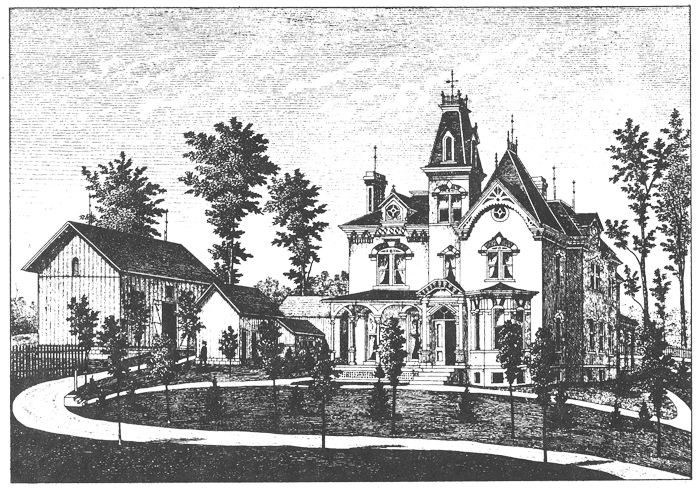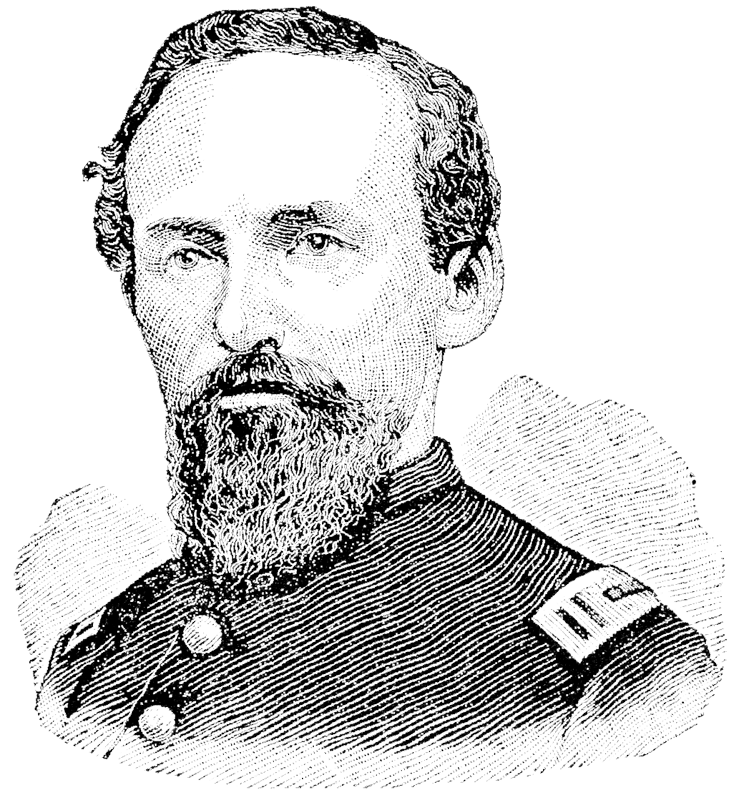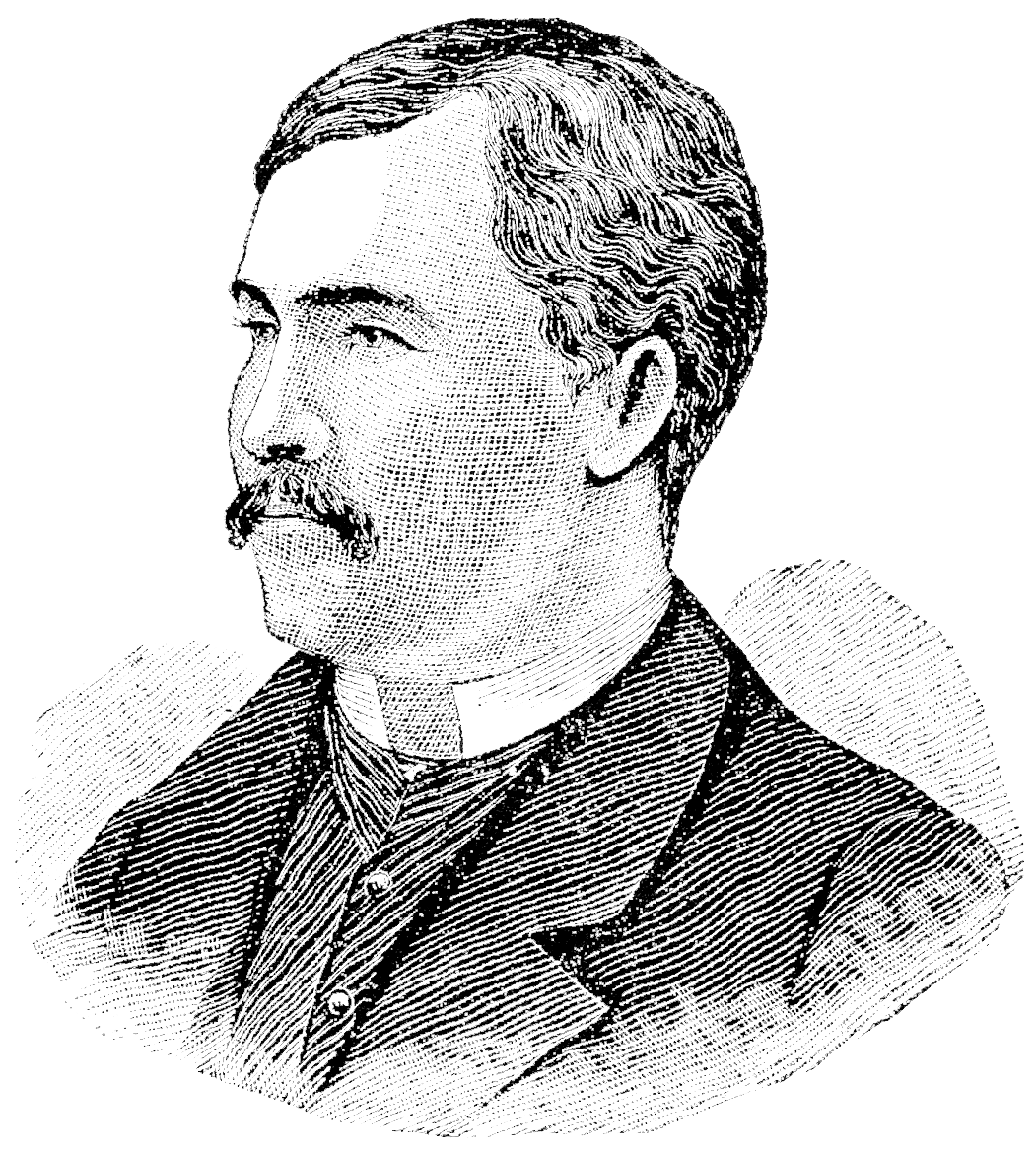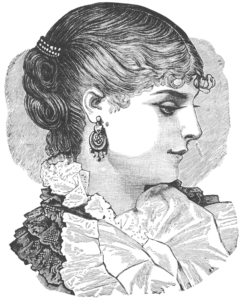Introduction
In the city of Uniontown, Pennsylvania, during the year of 1882, a young Lizzie Nutt and Nicholas Dukes decided to spend the rest of their lives together. She was the daughter of a prominent local politician, while he was an up-and-coming lawyer. They occupied the upper classes in a city poised to profit massively from a coal boom, where a number of industries were already flourishing and a social scene dating to the late 1700s was firmly in place.
Uniontown then had around 4,000 residents—a city big enough to serve as the county seat, but still small enough to support a healthy swirl of gossip.
The couple was thought to have been happy until Dukes wrote a letter to Captain Adam Nutt, the father of Lizzie Nutt, on December 4, 1882. Dukes’ claims about Lizzie’s behavior with both himself and other men infuriated the Captain. His reaction and its consequences would place Uniontown in the national spotlight for months to follow.
Ultimately, this broken love affair—tangled with codes of conduct and honor—would result in some of the most sensational events in Fayette County’s history.
 The Home of A.C. Nutt
The Home of A.C. Nutt

Born on January 8, 1839 in Jefferson Township, Pennsylvania, Adam Clarke Nutt was the son of Joseph and Anna Nutt. He attended Allegheny College starting at the age of 17. After college, he married Charlotte Wells and had several children.
When the Civil War broke out, Nutt joined the Union Army and, in 1863, he was promoted to Captain of the Third United States Colored Troops. Nutt later played a role in investigating the assassination of President Abraham Lincoln and the attempted assassination of the Secretary of State, William Seward.
Nutt became a lawyer in 1868, but it was not until 1881 that he decided to run as the Fayette County court clerk as a Republican. Soon after, Nutt was appointed to a position in the Pennsylvania Treasury. During his time in Uniontown, Nutt was very active in the community and became a revered figure.

Nicholas Lyman Dukes was born around 1851 in the state of Ohio. After the death of his father, his mother remarried, which led the new family to move to Fayette County, Pennsylvania. Dukes first attended Washington and Jefferson College before transferring to Princeton, where he graduated in 1873. After obtaining his degree, Dukes came back to Uniontown and trained to practice law.
In 1877, Dukes ran for District Attorney as a Democrat, but withdrew his candidacy because he saw no path to victory. He tried again in 1880, but lost during the primaries. It was not until 1882, at the age of 31, that Dukes gained a political position in the Pennsylvania House of Representatives.

Lizzie Nutt was the eldest daughter of Captain Adam Nutt and Charlotte Nutt. During her early twenties, she became engaged to Nicholas Dukes, who was her senior by a decade. Both Dukes and Nutt belonged to the same Presbyterian church. They had often made eyes at each other across the aisle, which was the beginnings of their mutual romantic affections.
In the December of 1882, Dukes broke off the engagement due to rumors of Lizzie’s improper and scandalous behavior towards men—some of which he claimed to witness himself. As a result, Lizzie’s reputation would soon be publicly put into question.

James Nutt was the oldest son of Captain Adam Nutt and Charlotte Nutt. He was around the age of 20 at the time of his father’s death and was a devoted son and brother. In 1882, he was attending school in Rochester, New York.
Speaking of James Nutt, Dukes said, “That is the only man on earth I fear.”
 The Home of A.C. Nutt
The Home of A.C. Nutt




